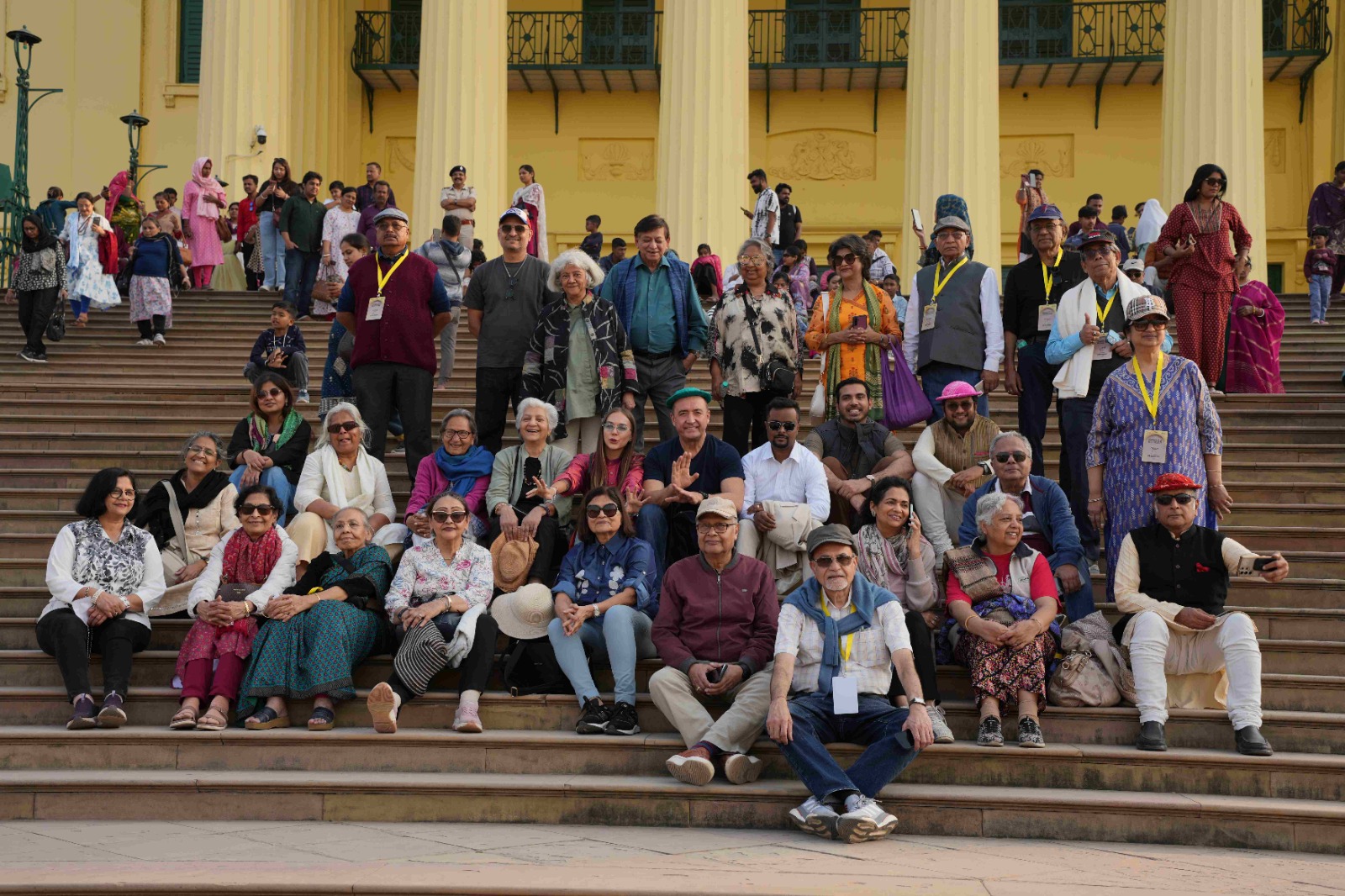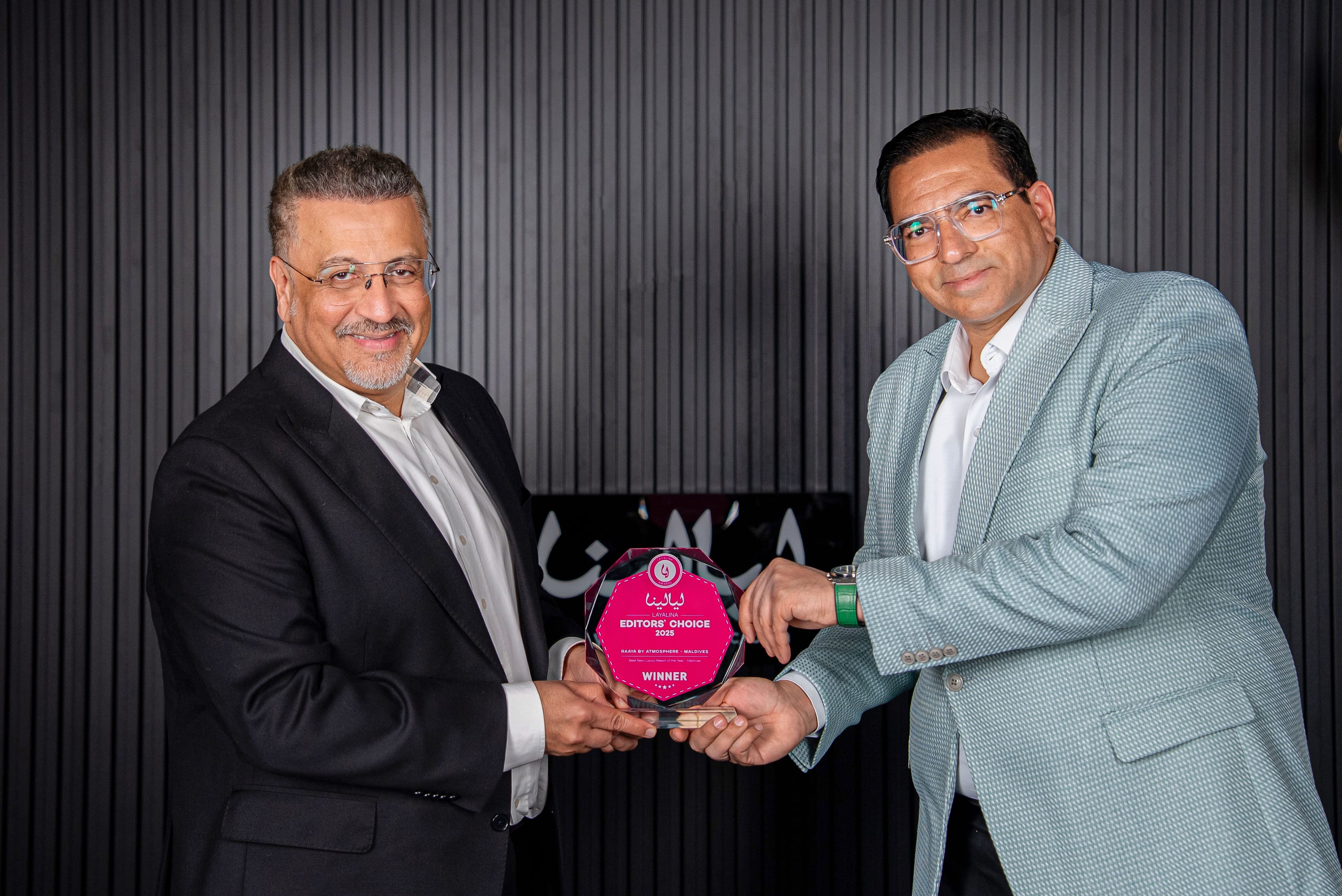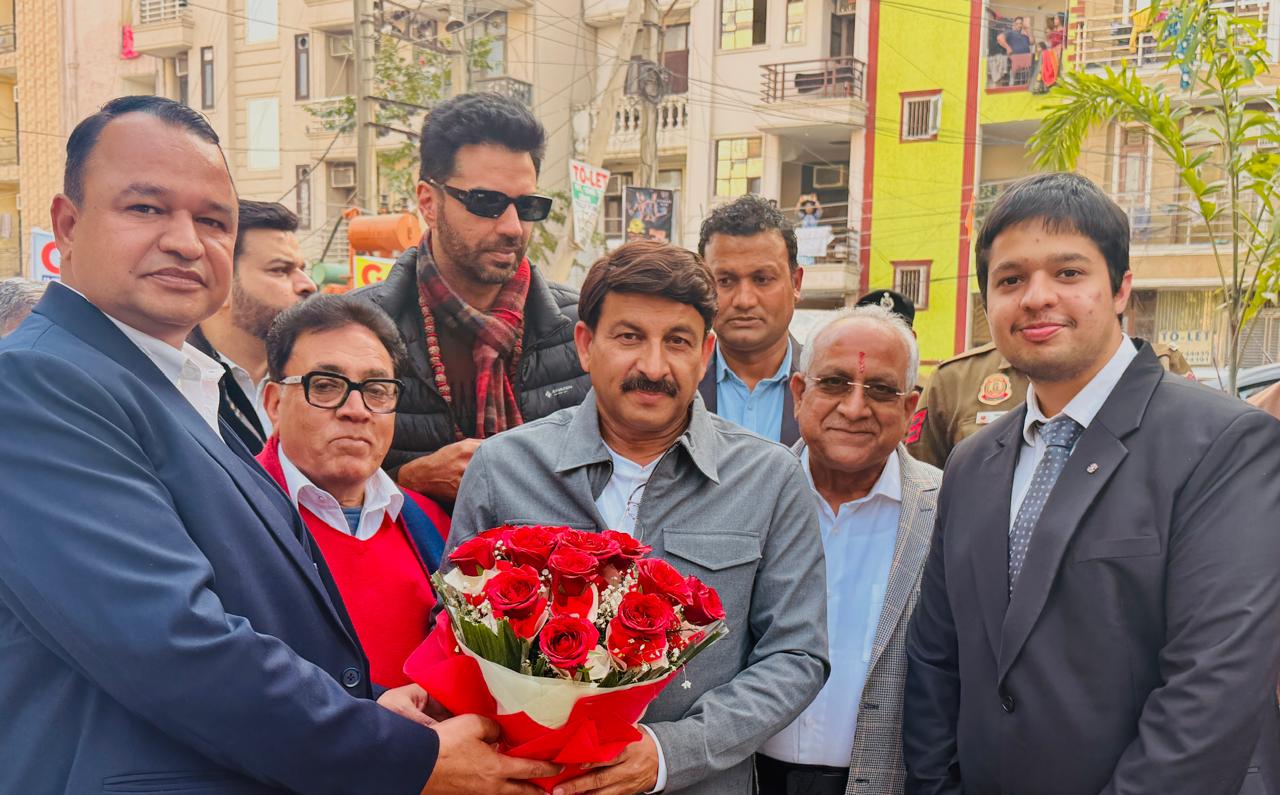Feb 12: Housing sales across the top 15 tier-2 cities declined 10% year-on-year (YoY) in 2025 to 1,56,181 units, even as the overall sales value remained flat at ₹1.48 lakh crore, according to NSE-listed real estate data analytics firm PropEquity.
The moderation in volumes reflects rising housing prices and increasing premiumisation across tier-2 markets. Except for Mohali and Lucknow, which recorded growth of 34% and 6% YoY respectively, the remaining 13 cities witnessed declines of up to 38%, with Visakhapatnam registering the steepest fall.
A clear shift toward high-ticket housing was observed during the year. Sales of homes priced under ₹1 crore declined 15% YoY in 2025, with their share dropping to 72% from 77% in 2024. In contrast, homes priced above ₹1 crore saw a 9% increase in sales, with their share rising to 28% from 23% a year earlier.
In absolute terms, the four Gujarat cities—Ahmedabad, Gandhinagar, Vadodara and Surat—accounted for 63% of total sales across the top 15 tier-2 cities. Ahmedabad alone contributed 33% of total sales, with 51,148 units sold in 2025. Beginning 2026, Ahmedabad can be regarded as a tier-1 city, having surpassed several established tier-1 markets in both housing launches and absorption, reflecting its scale of development and depth of demand.
City-wise, Ahmedabad saw sales decline 8% to 51,148 units in 2025 from 55,315 units in 2024. Surat fell 15% to 19,835 units, while Vadodara dropped 19% to 13,798 units. Gandhinagar witnessed a marginal 1% decline to 13,710 units. Nashik recorded a 10% drop to 11,188 units, Jaipur declined 5% to 9,758 units, and Nagpur fell 18% to 6,260 units. Bhubaneshwar registered a 25% decline to 4,885 units, while Visakhapatnam saw the sharpest fall of 38% to 2,406 units. Kochi declined 17% to 2,214 units, Coimbatore fell 4% to 3,702 units, and Bhopal dropped 5% to 3,599 units. Goa remained largely stable at 3,507 units.
Commenting on the findings, Samir Jasuja, Founder & CEO of PropEquity, said,
“The slowdown in housing sales over the past two years is largely due to a shrinking supply of homes priced below ₹1 crore—a segment that has traditionally driven demand in tier-2 cities. Rising land and construction costs, along with changing buyer aspirations, are pushing new launches into higher price brackets. As a result, tier-2 markets are increasingly mirroring tier-1 cities, where volumes are declining even as prices continue to rise.”
He added, “Government focus on tier-2 cities—through enhanced urban development, improved connectivity, and the creation of industrial corridors and manufacturing hubs—has driven sustained price appreciation. This has pushed even average housing units in many tier-2 markets beyond the ₹1 crore mark, leading to slower absorption. Going forward, this trend could be a cause for concern, as affordability pressures begin to impact not just premium segments but also affordable and mid-income housing in these cities.”
New Supply Declines 6% in 2025
New supply across the top 15 tier-2 cities declined 6% YoY to 1,36,243 units in 2025, down from 1,45,139 units in 2024. The contraction was visible across price segments, with supply of homes priced under ₹1 crore declining 5%, and those above ₹1 crore falling 8%.
Ahmedabad recorded a 3% rise in launches to 48,646 units, while Jaipur saw a 2% increase to 8,803 units. Mohali posted a sharp 108% jump to 8,606 units, and Bhopal registered a 66% rise to 3,312 units.
However, most other cities saw declines. Surat and Gandhinagar both fell 13% to 17,256 units and 12,829 units, respectively, while Vadodara declined 25% to 8,367 units. Nashik dropped 4% to 8,222 units and Nagpur fell 10% to 5,485 units. Lucknow witnessed a 43% decline to 2,884 units, Bhubaneshwar recorded the steepest fall of 57% to 2,840 units, and Visakhapatnam declined 53% to 1,155 units. Goa saw a marginal 2% dip to 2,749 units, Kochi fell 5% to 1,838 units, and Coimbatore declined 12% to 3,251 units.
The four Gujarat cities together accounted for 64% of total launches in 2025.
PropEquity noted that while tier-2 cities continue to benefit from infrastructure development and industrial expansion, moderation in both sales and supply signals a recalibration phase, with affordability and premiumisation emerging as key themes shaping demand dynamics in 2026.




